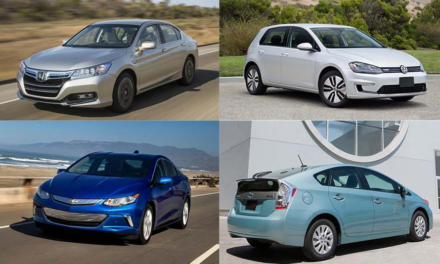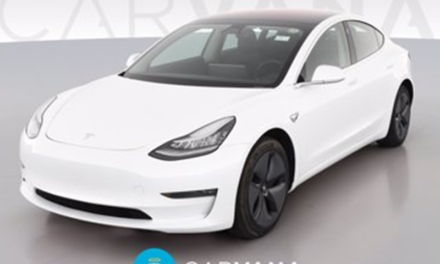
Automakers are already getting smarter with AI technology. Today’s cars can tell the driver when something needs to be fixed, and even say what it is, if it’s connected. With AI software, a car can be even more connected, monitoring all of its sensors and detecting problems before they happen. These new capabilities will make driving safer and more comfortable, and improve overall performance. Here are five ways AI is already helping the automotive industry.
Automakers run complex supply chains that span numerous locations. A breakdown in this chain can prove costly. With AI technology, automakers can optimize supply chain processes, logistics, inventory tracking, and manufacturing. AI-driven systems can even automate requests for parts and labor, reducing the risk of a breakdown or mishap. These advances are making it more efficient for manufacturers to meet the needs of drivers. This is a trend that will only continue to increase as automotive AI is developed further.
Currently, automakers use AI to develop software that automates driving processes. AI software can analyze data from high-resolution cameras, Lidar, and cloud services to predict which objects a car will run into while it is traveling. The software can then adjust the vehicle’s speed based on these variables. In addition, it can even adjust its braking system to prevent a crash. As the technology gets more sophisticated, the cost of inference will drop.
The rise of AI in automobile manufacturing has spawned a new generation of companies using AI to make their products smarter and more efficient. For example, Hyundai introduced an exoskeleton for assembly lines. The AVG uses AI to optimize the production process and helps prevent accidents. AVGs also have the capability to move materials around plants and identify objects in their path and adjust their route. In 2018, OTTO Motors’ device carried 750 kilograms.
The automotive AI market will grow at a fast rate during the forecast period. The growth will be driven by the APAC region, where the population is large and living standards are rising. The region is also home to established automakers, such as Toyota (Japan) and Hyundai Motor Company (South Korea). Additionally, the automotive AI market will continue to be fueled by a balanced mix of technology and demand. This growth will only continue to fuel the automotive AI market in the years to come.
The market for AI in cars is expected to reach $27 billion by 2025. As it becomes more common in the automotive industry, more applications are being developed and deployed. Using AI to improve production processes and predict failures, the technology is likely to revolutionize the industry. With the advent of the Internet of Things and consumer preferences, the automotive AI market will become a reality. A key element in this transformation is educating the industry and stakeholders about the new technology.
In addition to developing smart algorithms, smart systems in manufacturing plants and in-car sensors can also collect data and improve it. However, data must be filtered and checked to ensure it is of good quality. Furthermore, the technical capabilities of the sensors used to collect the data are important. If the wrong sensors are used, the collected data will be worthless. If the data is inaccurate, the system cannot determine whether or not a problem is related to that particular part of the car.
AI also plays an important role in driver assistance technology. In addition to monitoring the driver’s eyes, AI can also analyze the current behavior and preferences to help the car navigate to its destination. This makes travelling more comfortable and less taxing. Automobile manufacturers are now working with software companies to make the AI integration work in the industry. The technology will ultimately make the process of filing insurance claims much easier. In addition to improving the safety of cars, AI can help make the process of filing claims more efficient.







RECENT COMMENTS